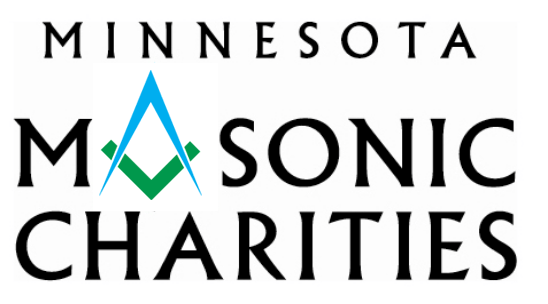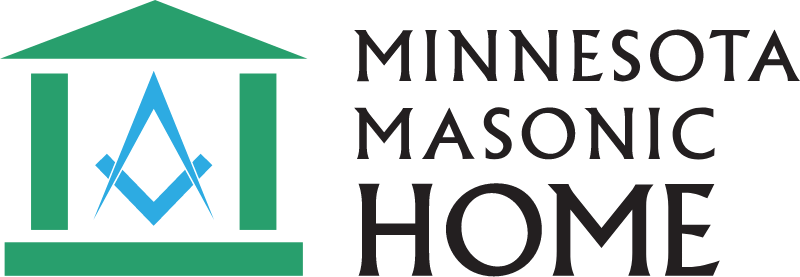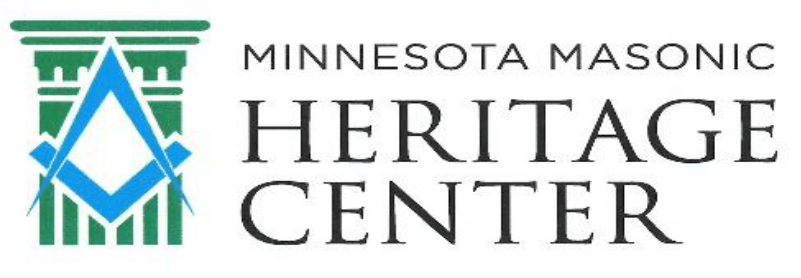When your child has a communication disorder, it is a serious thing. As parents, we worry, we stress, and we work hard doing everything we can to help. And yes, providing treatment is a serous thing. BUT…it can and should be FUN!
Whatever worries and hesitations we feel as adults, our kids are still kids. They respond to and learn best through play. We can take our serious goals and by making them silly and fun, connect with our kids in a very real and meaningful way. So even though things may feel serious and heavy, I give you permission to be silly and have fun with your kids. You got this.
Here are some of my favorite silly games:
Pretend Store: This is a great game if your child is at the stage of imaginary play. If your child is working on a certain sound, word or phrase, instead of sitting and practicing to get it done 10 times, pretend you are at a store! In a silly voice, say “Welcome to my Snake Store/rubberband factory/bubble station!” Or something unusual like that. “What would you like to buy?” Encourage your child to ask for something using their targets. And you don’t need endless amounts of props, use your imagination! Sometimes you might have what they need, sometimes you might run out, then what?! Great time to work on problem solving with many silly options!
Mislabeling: Another silly strategy I like to use is calling things by the wrong name. You can use this during structured play, everyday activities like picking up toys, or games like a scavenger hunt. When you find the “thing,” call it by the wrong name. For example, pick up a car and exclaim, “I found a pizza!” This will most likely confuse your child, giving them the chance to respond, “NO!” or “NO it’s a car” Or,“Car!” Act surprised, and soon you both will be laughing, and your child will be learning.
Getting Dressed: For younger children, using real items in a silly way is fun. When getting your child dressed, put a sock on their hand and see what they do. Then say, “Oh no! Sock on hand? NO. You can repeat with other “mistakes.” Sock on head? NO…sock on tummy? NO…sock on FOOT! Yes!
Mealtime fun: I love this one especially when kiddos are hesitant eaters. While you are sitting down eating, each with your own plate of food, take their fork and put a piece of food on it (on their plate.) Warn them, “Don’t eat that bite. It’s mine. I want it. But first I must yawn/look behind me, rub my eyes,” etc. When you open your eyes, hopefully they ate the piece of food! Act super surprised and talk through what happened. Where did it go? Is it under the plate? In the cup? On the table? Who took it? A mouse? A raccoon? A bear? Endless possibilities!
I hope you find time today to be silly!
“Play is the highest form of research.” Albert Einstein
Nicole Lampi, M.A.,CCC-SLP





